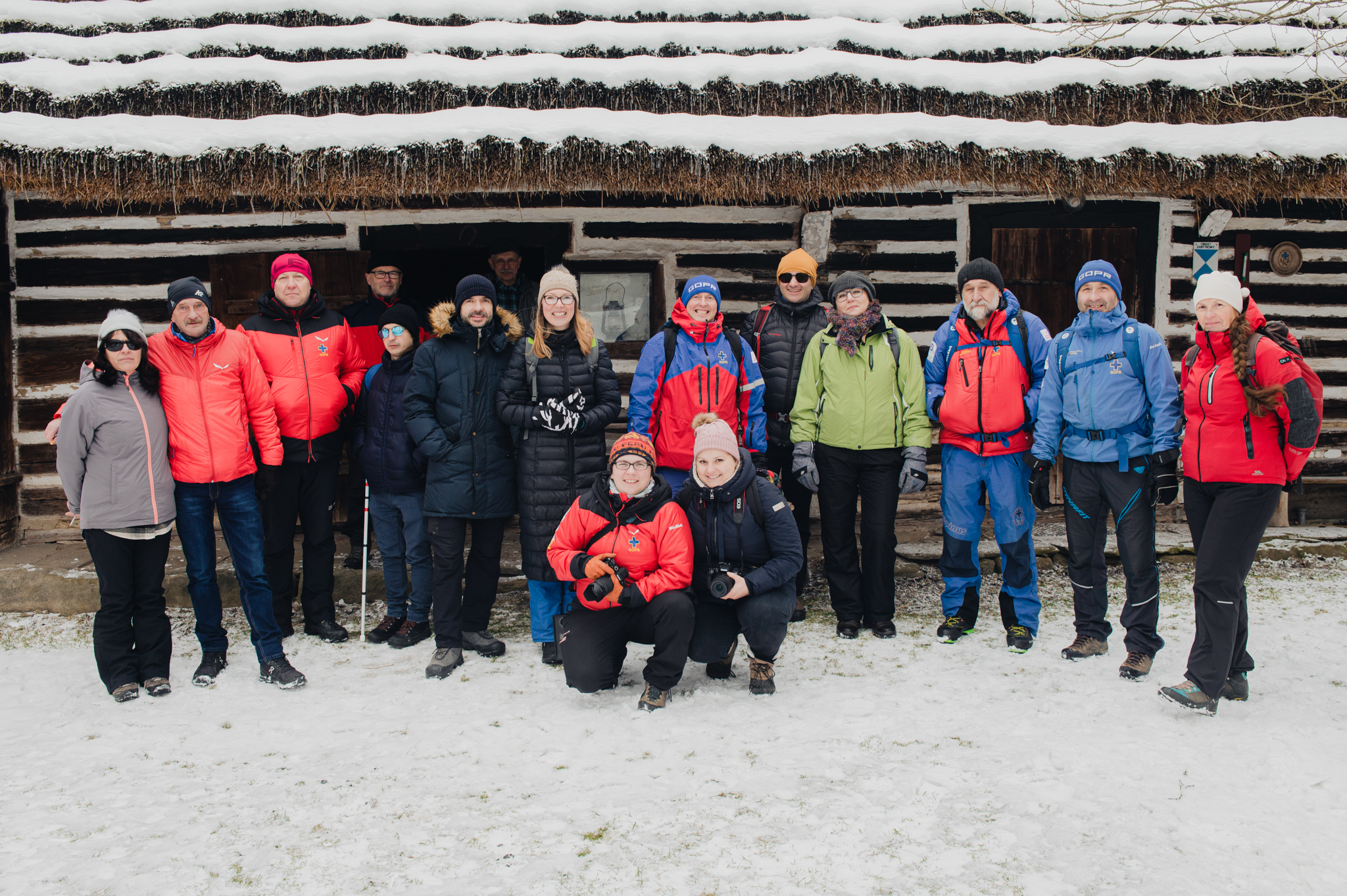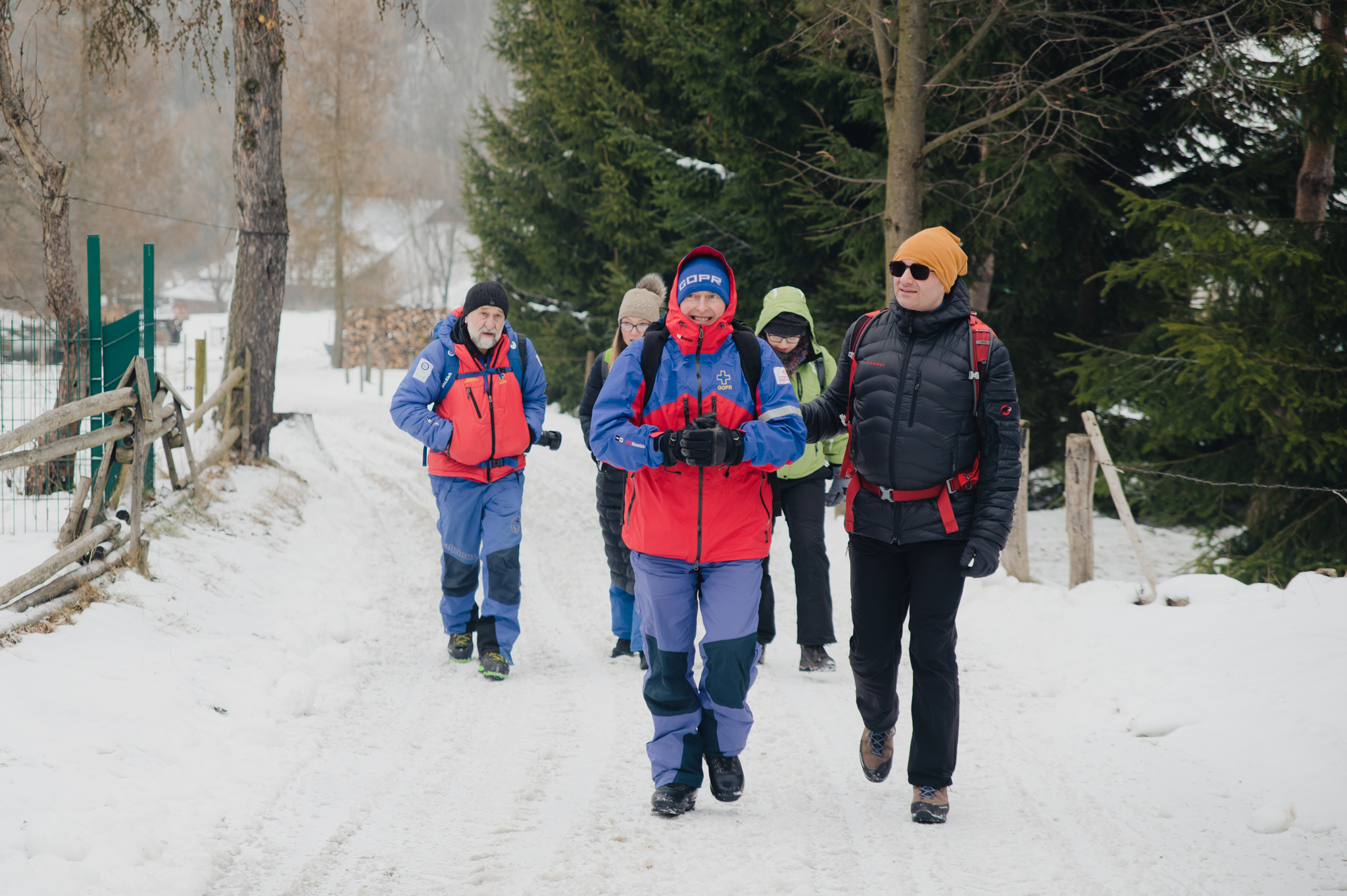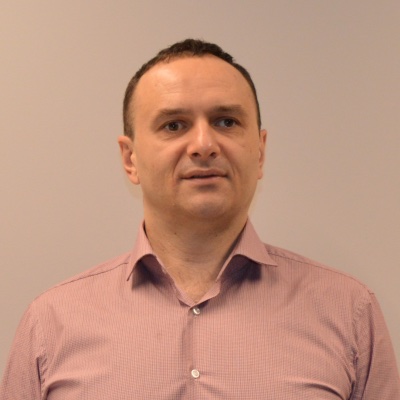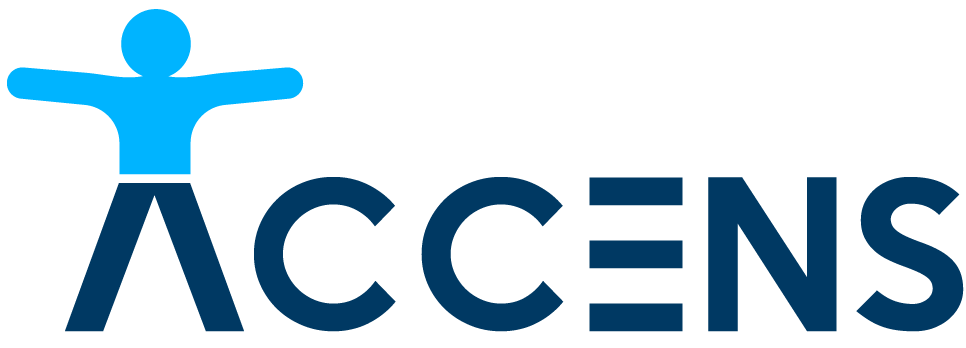Customer case: Assisting tourists with disabilities (training coordinated by "Full of Culture" foundation)

Customer
Mountain Volunteer Search and Rescue (Polish: Górskie Ochotnicze Pogotowie Ratunkowe - GOPR)
Project
Training “Helping tourists with disabilities" for 15 lifeguards from Bieszczady Group
Date
December 2021
Team
Regina Mynarska, Dawid Górny (coordination, training scenario and delivery)
Fragments of training summary:
“Lots of specific knowledge and very interesting practical activities”
“We had an opportunity to go through the whole mountain trail. Thanks to the trainers all of us could play a guide role and learn how to help people with visual disabilities.“
“Very inspirational meeting, we received really big portion of useful knowledge - thank you!”
Challenge
Mountain rescuers and guides wanted to know what are the needs of visually impaired tourists, to be able help them in proper and effective way.
The main task was two-fold: Firstly, understand special needs of blind and low vision people. Secondly, move from theory to practice.
For the majority of the trainees it was their first experience with visually disabled people.

The workshop happened on mountain trail in Olchowiec, which is accessible for visually-impaired people thanks to the system of hardware markers called "Totupoint" and audio descriptions of 18 most interesting viewpoints.
It is the first accessible trail in Poland. Creating the audio descriptions to not only describe the view but also give precise directions was a significant challenge and effort, but it pays off. Thanks to technology blind people are able to complete the path by themselves listening about history, nature and topography at the same time.
Solution
The project started with the on-site visit in Olchowiec. We went through whole trail together with rescuers, making notes, photos and exploring the terrain from visually impaired person perspective. Based on that, we created audio descriptions and each of them were reviewed by blind person.
We weren't the only trainers in this project. Workshop was delivered by the team of four visually-impaired trainers. Thanks to that the trainees learnt different preferences, expectations and styles of contact.
Trainers and participants spent a whole weekend together, working remotely (on-line) during the first day and on-site the day after. The workshop agenda had following form:
Day 1 (on-line):
Checking the level of trainees knowledge
Introduction to disabilities and accessibility
Practical examples from visually-impaired people life
Different ways of making public space acessible for blind and low-vision people
Savoir vivre of assisting visually impaired people
Basic audio descriptions and alternative text rules
Day 2 (on-site):
Assisting the blaid person in the field
Using „Totupoint” markers systems
Practical excersises - live audio descriptions
Workshop summary and retrospection
Results
During the two-days long workshop trainees got the basic overview about people with special needs, their expectations and everyday life. They learnt good practices of assisting visually-impaired people and practiced new skills in practice. Rescuers and guides are now well equipped to describe the surrounding and objects to blind people.
All participants admitted that the time spent with us was used effectively and the knowledge and skills gained will be practically applied in their daily activities.
We finished the training with several new friends, hoping to have next meeting soon.
All photos from "Zobaczyć Beskid Niski" FB profile.

Dawid Górny
Chief Accessibility Officer and co-founder at Accens
Lawyer, consultant in audiodescription and accessibility of products and services. Digital accessibility tester, has been using assistive technologies on a daily basis for 30 years. President of the Foundation for the Blind and Visually Impaired 'VEGA', art and culture accessibility advocate. Certified IAAP Certified Profesional in Accessibility Core Competencies (CPACC).
Check how similar training could help your company or institution
Take a look at our educational workshops and accessibility training offer or simply contact us and let's talk.
During a short call we diagnose your training needs and let you know whether we are able to help.
